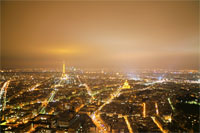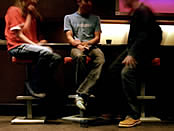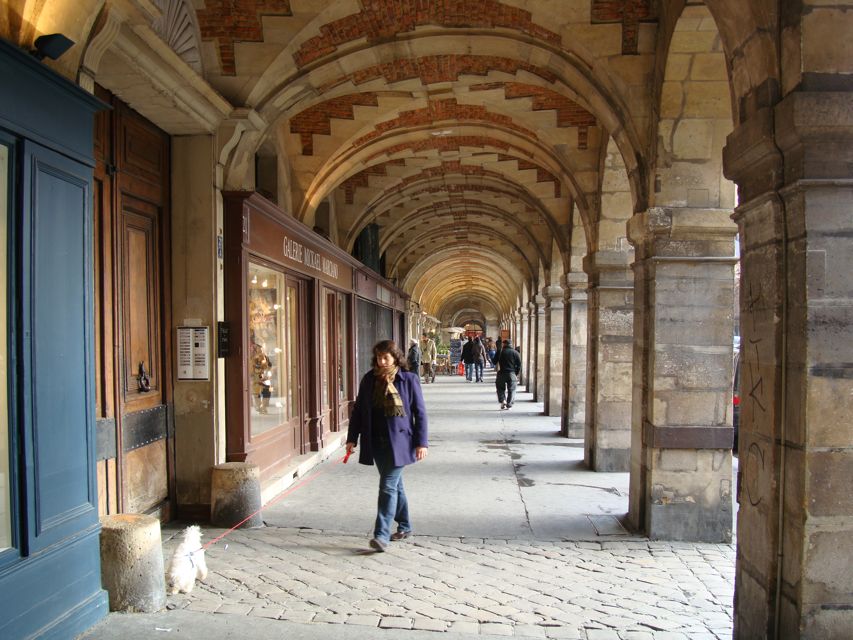Westminster is a city in its own right, the twin to the ancient City of London further east and historically they jointly formed the focus of what is
today regarded as London. The Palace of Westminster came to be the
principal royal residence after the Norman Conquest of England in 1066,
and later housed the developing Parliament and law courts of England.
The neighbouring Westminster Abbey became the traditional venue of the
coronation of England regents. Westminster has therefore been the seat
of royal, and later parliamentary, government and power for 900 years.
As a result, many of its attractions are of an historical and
cultural variety. Even so Westminster very much retains a bustling,
modern feel as the centre of British government and is often used as
shorthand for Parliament and the political community (including the
elected Government) of the United Kingdom generally.
Things to see:
The
Palace of Westminster (more widely known as the
Houses of Parliament)
is the seat of Parliament in the United Kingdom. It's often termed the
"Mother of All Parliaments" - an exaggeration, but perhaps only a slight
one. The present building largely dates from the 19th century when it
was rebuilt following a fire in a splendid example of Victorian
neo-Gothic architecture.
Buckingham Palace
The main residence of Her Majesty Queen Elizabeth II (reigned since 1952, coronated 1953)
- The Jewel Tower (Opposite the Houses of Parliament). This
small tower across the road from the Houses of Parliament is the only
part of the original Palace of Westminster still standing. While it is
overshadowed in splendour by the surrounding buildings, it's well worth a
visit, and has good displays about the early history of Westminster.



 http://www.visitlondon.com/discover-london/london-areas/central/soho-london
http://www.visitlondon.com/discover-london/london-areas/central/soho-london










